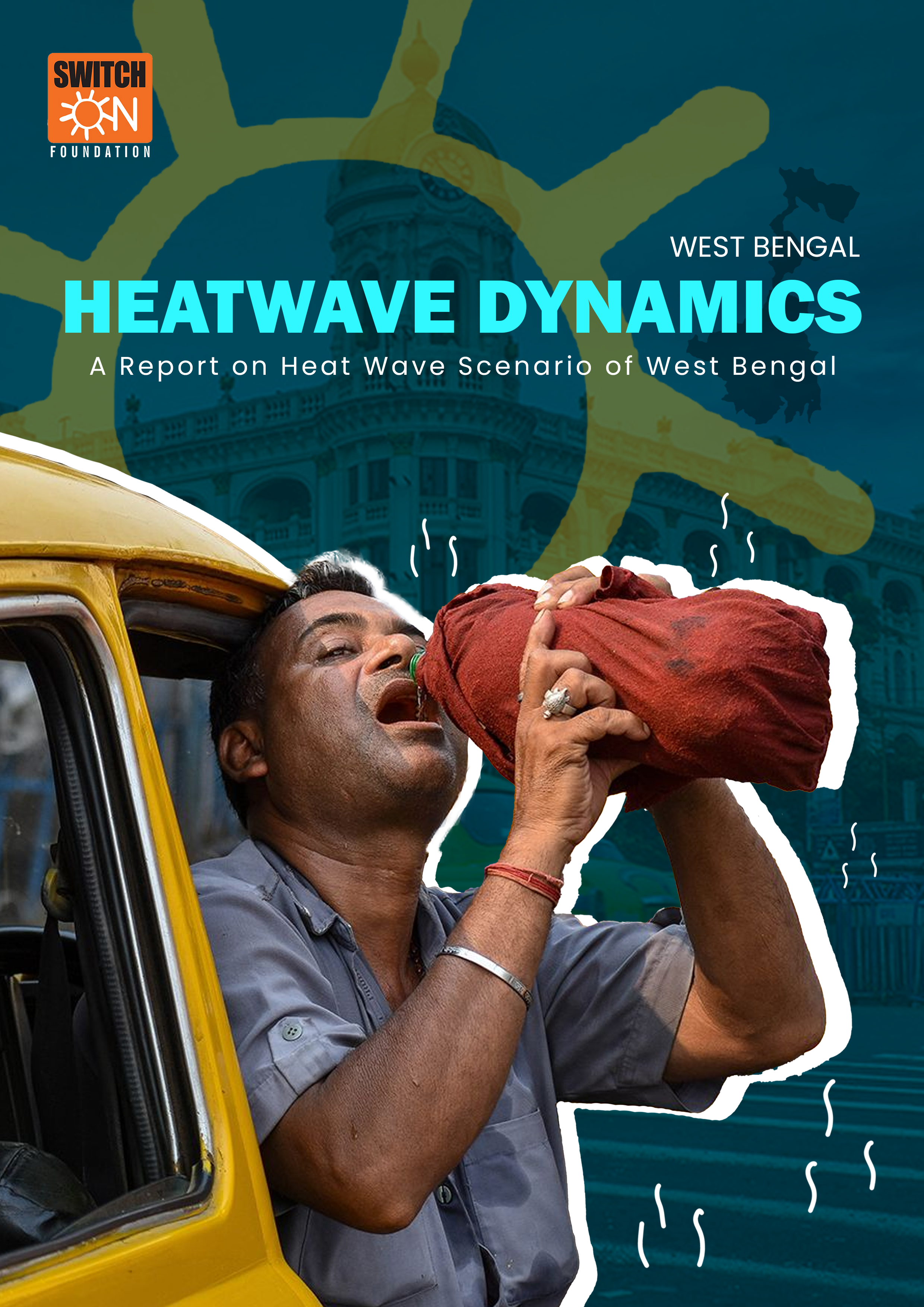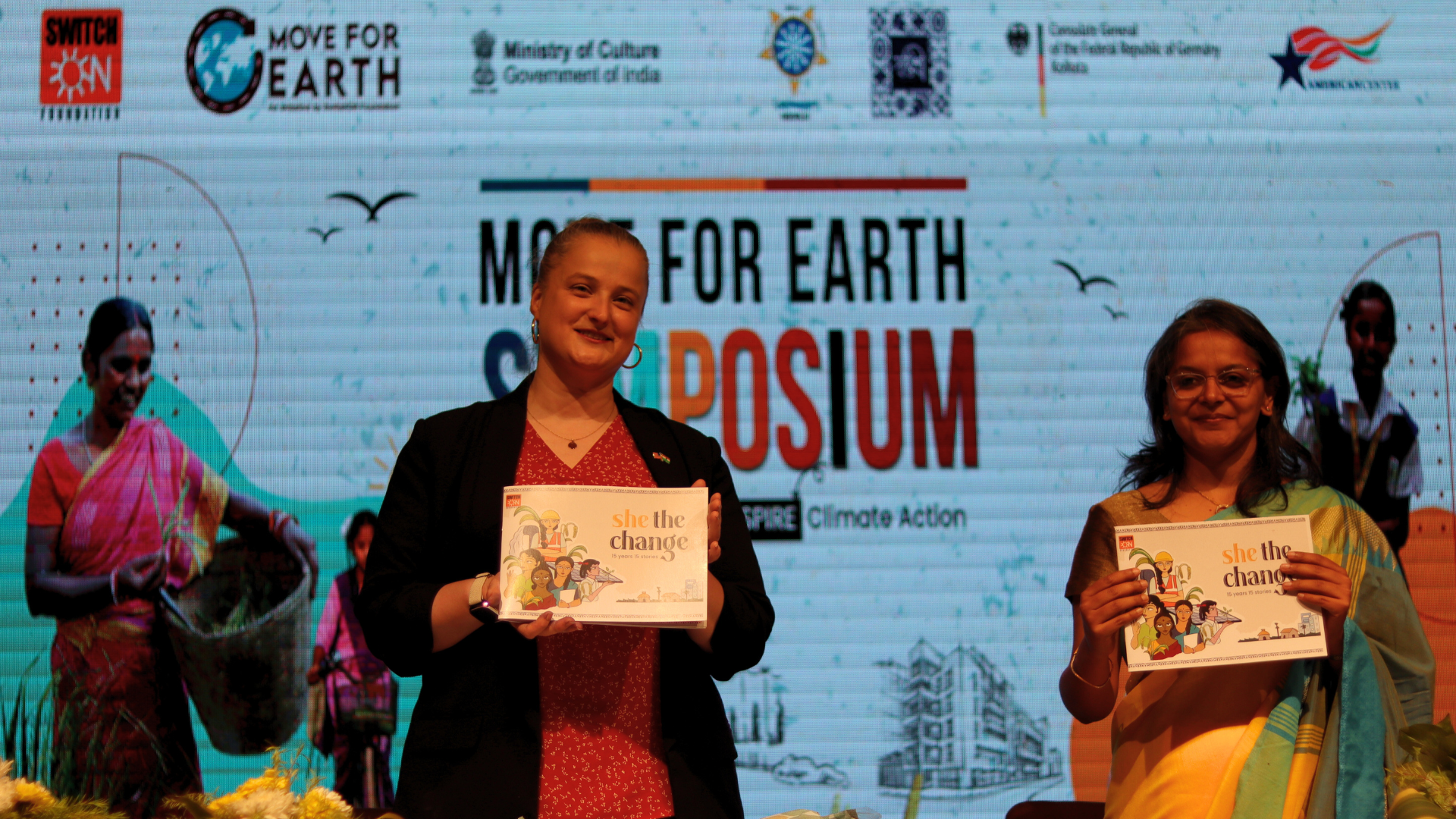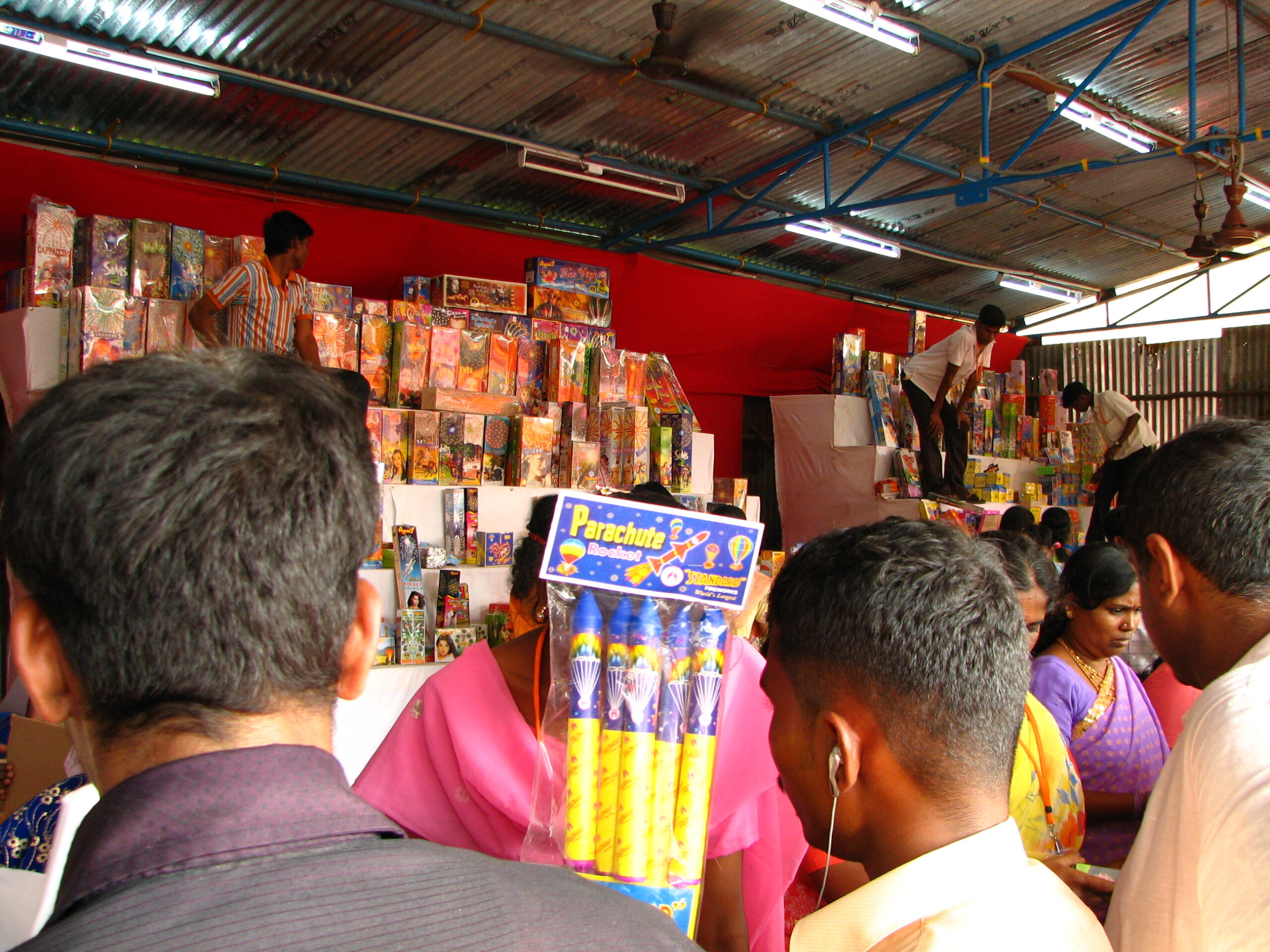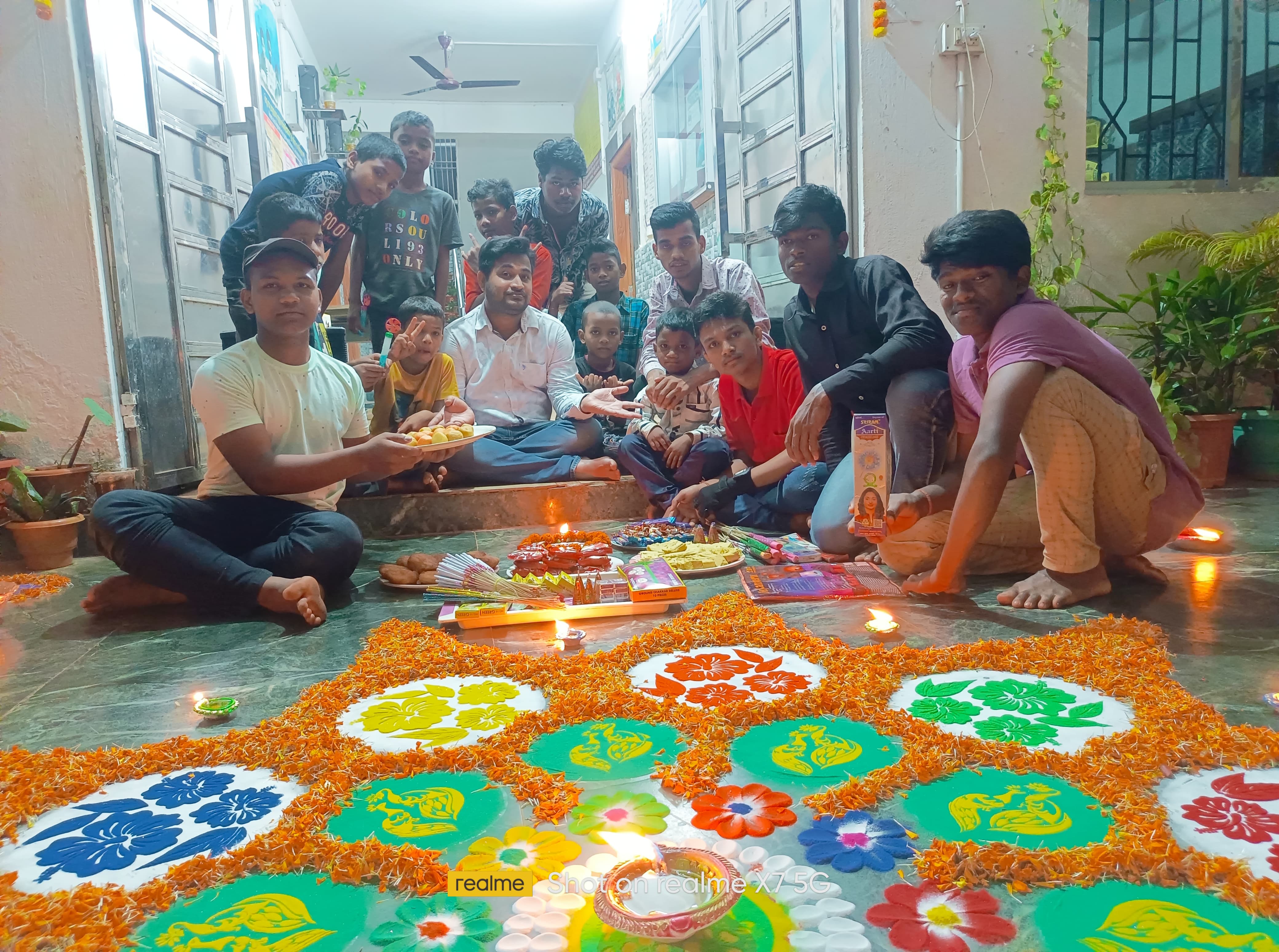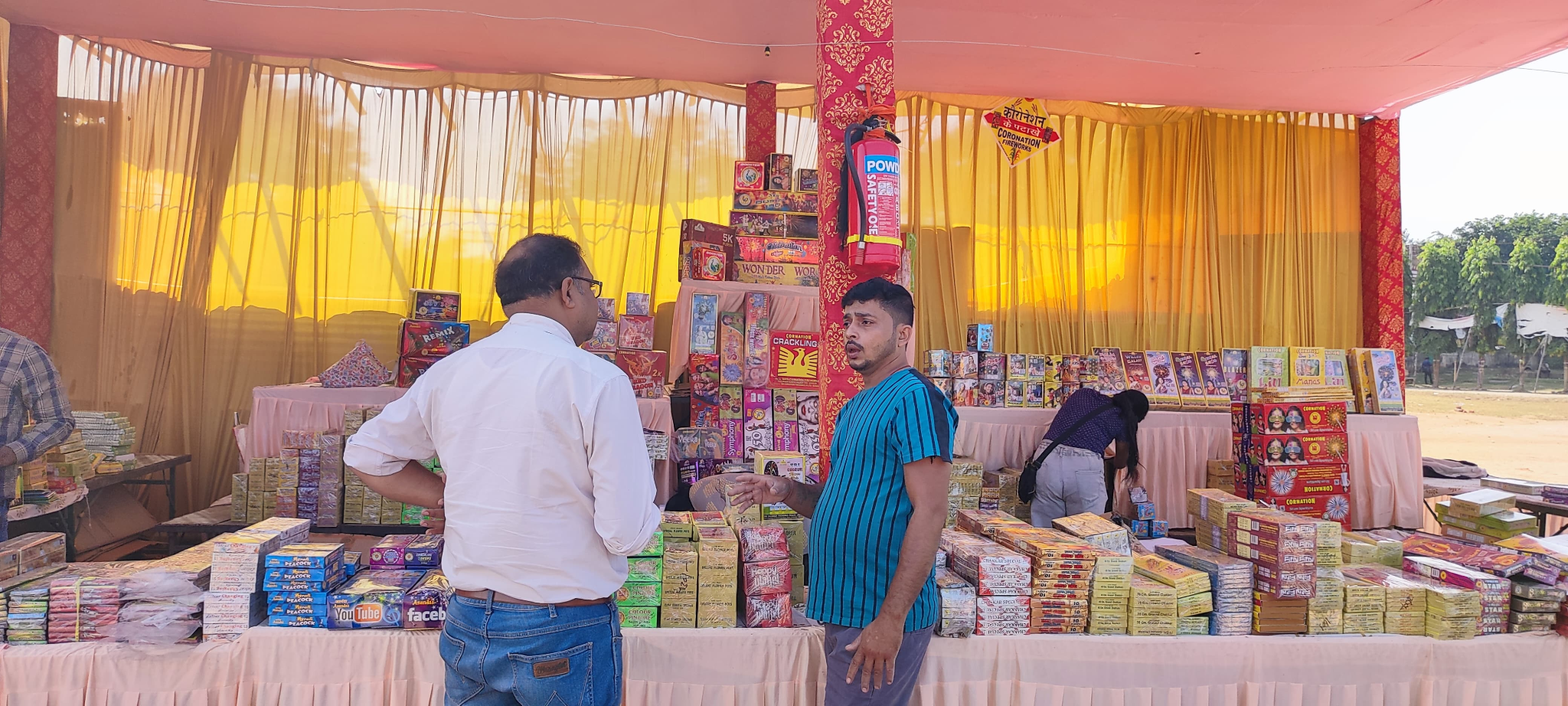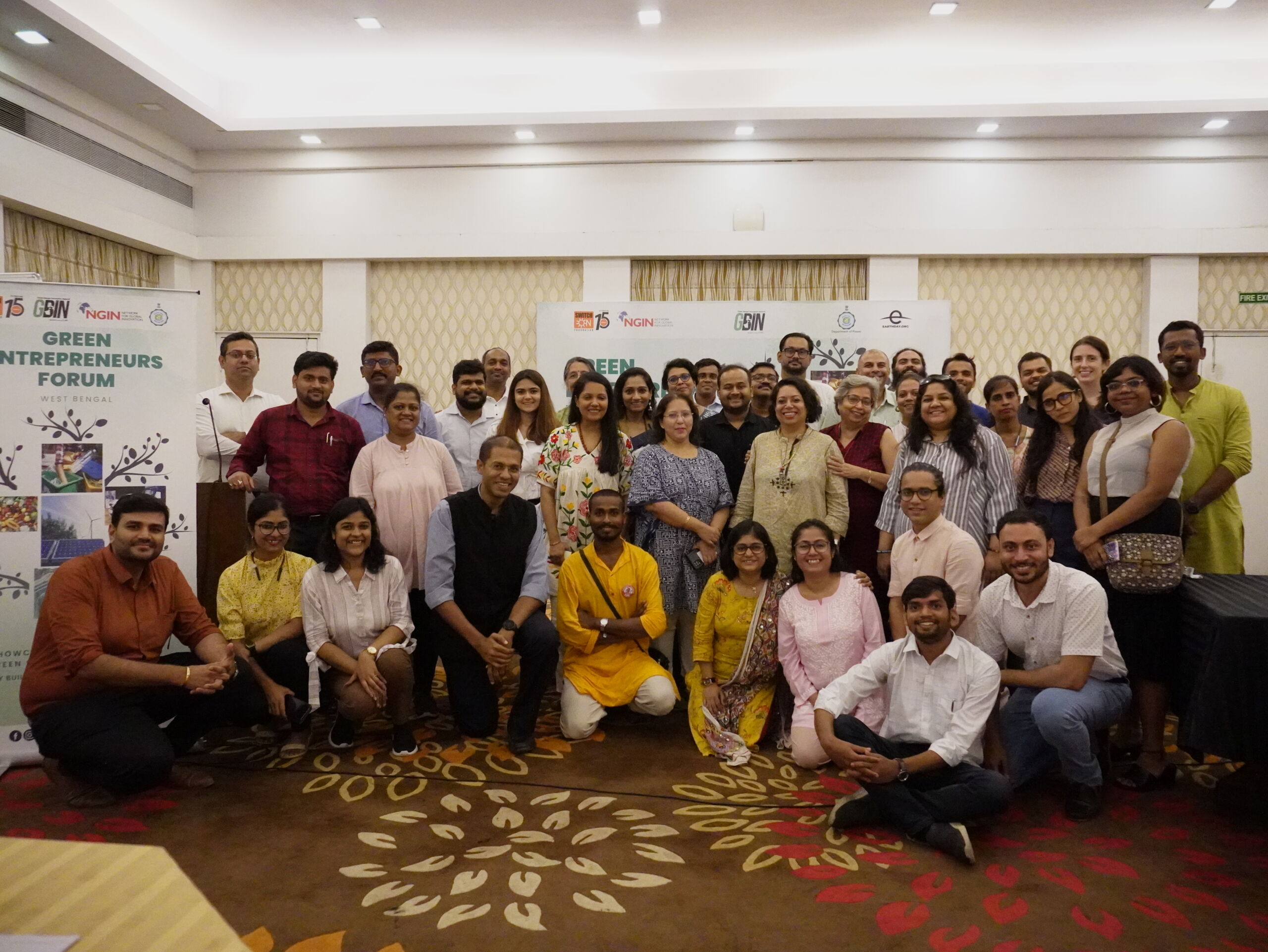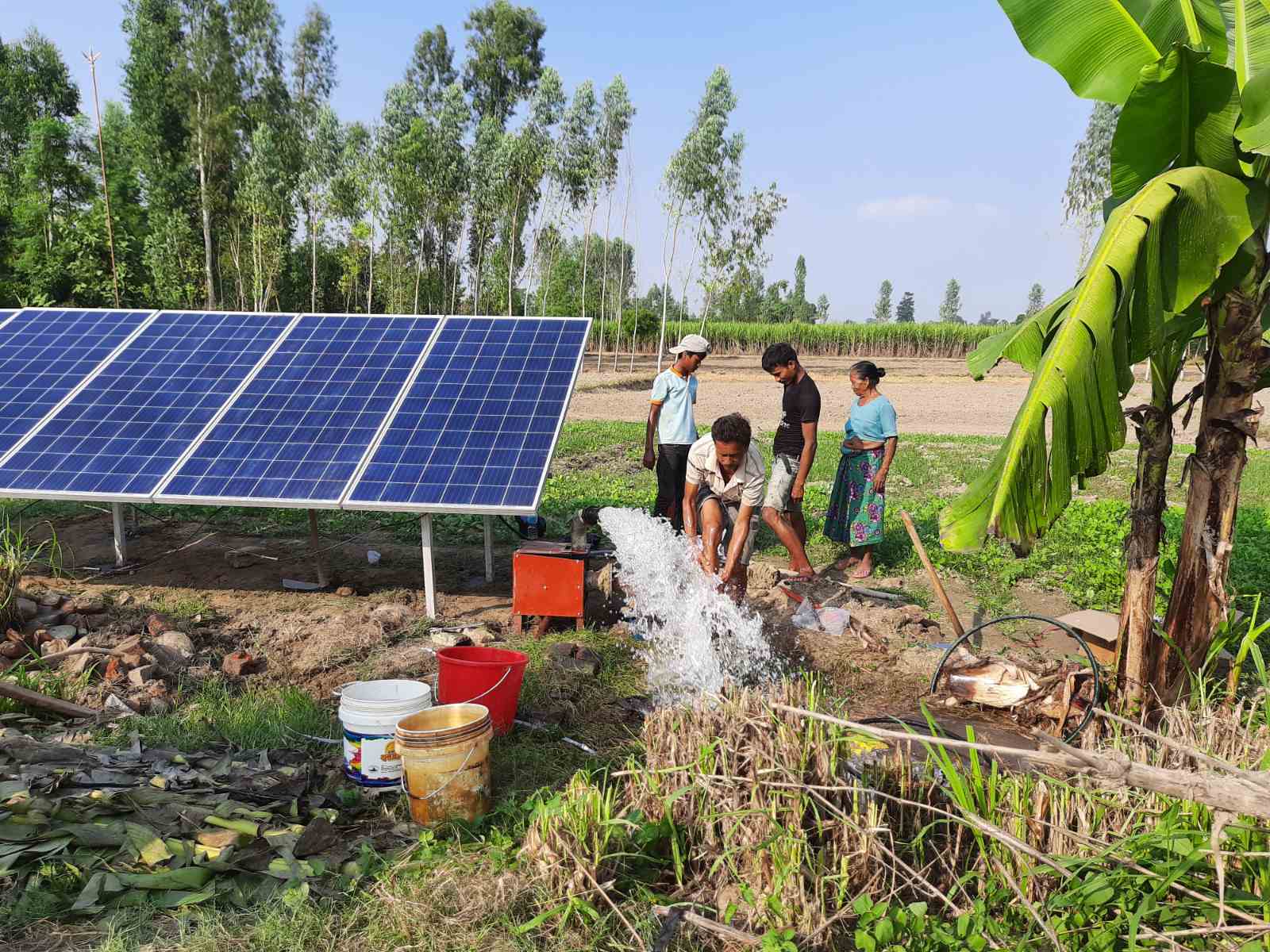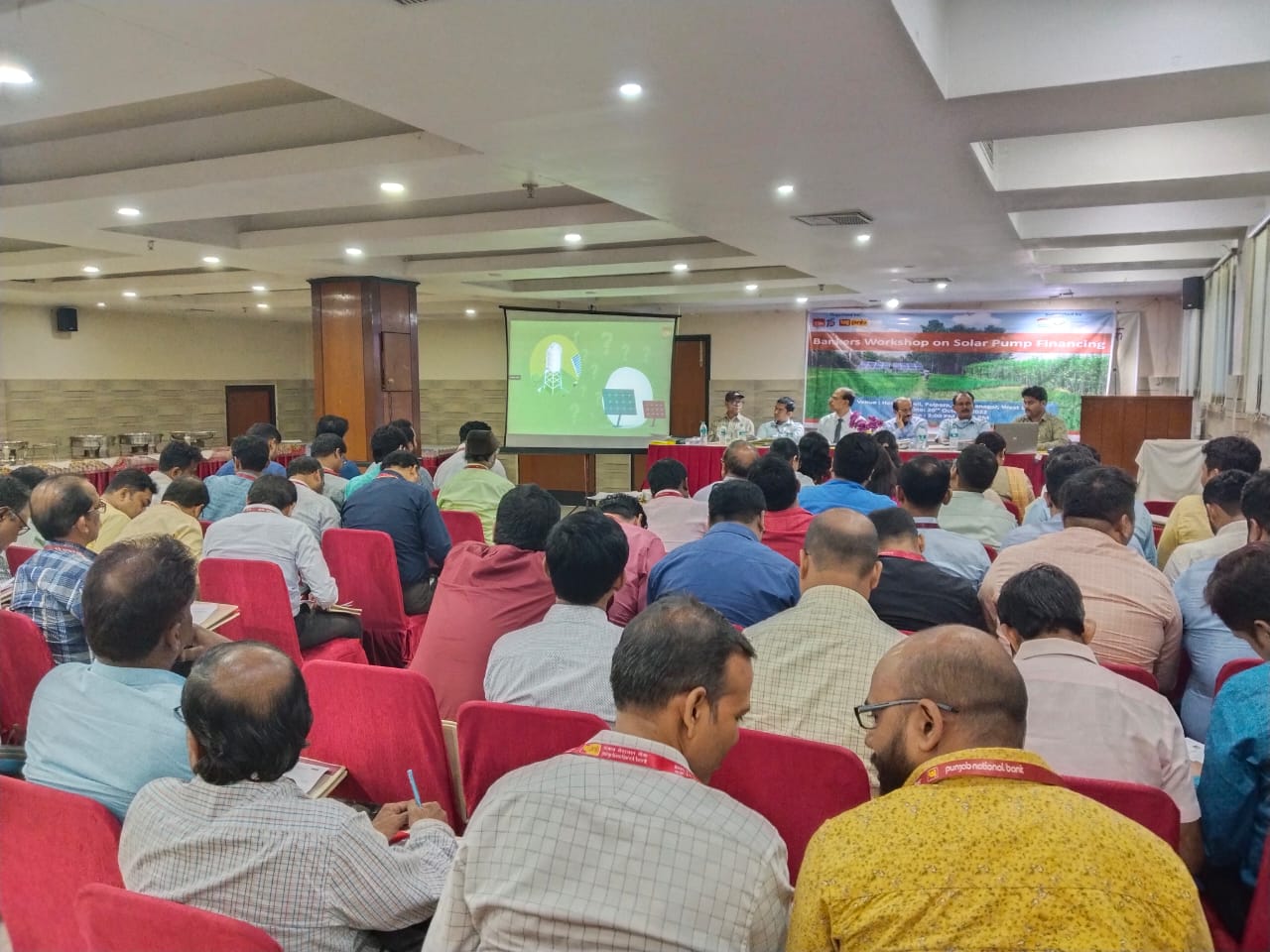As April ushers in the summer season in Jharkhand, residents are contending with an intense heat wave intensified by low moisture levels. Urban and industrial areas are particularly affected, signaling a potentially harsher season ahead for the state. The Indian Meteorological Department warns of heat wave conditions in isolated areas of Jharkhand from April 19th to 22nd.
A heat wave health advisory has been released by leading medical professionals of Jharkhand like Dr. O.P Mahansaria, Consultant Pediatrician, Ranchi PALS Centre, Dr. Suprova Chakraborty, Consultant Pulmonologist, Raj Hospital, Ranchi addressing the escalating concerns surrounding heat waves and its detrimental effects on public health. The health advisory provides preventive measures and practices that should be adopted to tackle the wrath of extreme heat waves. In light of the extreme erratic weather conditions, the medical community emphasized the urgent need for heightened awareness and precautionary measures to safeguard the well-being of individuals.
In this context, as the common public is at the forefront of suffering from and cause of heatwave events, the research team of SwitchON Foundation conducted a survey to gauge public perception of heatwave challenges, impacts on daily life, mitigation strategies, and awareness of timely information in the present heatwave scenario.
The survey was conducted with 815 participants in April 2024 across East Indian states (West Bengal, Jharkhand, and Odisha) to capture perceptions of the ongoing heatwave.Out of which 116 participated from Jharkhand, where 67% were male and 33% female. The survey exclusively targeted urban areas, engaging participants from diverse ages and occupational backgrounds.
FINDINGS
- Over 95% of the people surveyed reported that the severity of heat waves has increased over time.
- Perception of death and health effects from heat waves:
- More than half of the respondents (66.1%) opined to know individuals who succumbed to heat waves in the past.
- Irrespective of gender roles heat rashes, headache, dizziness and heat exhaustion are some of the commonly noticed health issues by the respondents from Jharkhand.
- A majority of participants identified heat rash as the primary concern during heat waves. Specifically, 68.42% of females and 62.82% of males experienced heat rash during such conditions.
Other Challenges:
- According to respondents in Jharkhand, the most prevalent challenges during heat waves are frequent power outages and water shortages. More than 51% of respondents encounter both of these issues during such conditions.
- Health concerns during heat waves are identified as the second most significant obstacle. Over half of the responses (50.86%) highlighted health issues as a major challenge during heat waves.
- During extreme heat events, the availability of cooling facilities for people in the state is notably limited, as indicated by 41.38% of respondents identifying insufficient cooling infrastructure as a challenge.
- 36.21% of respondents reported that heat waves have a substantial economic impact on them. This economic strain results in the population of Jharkhand experiencing health issues and facing various infrastructure challenges.
Impact on Daily Activities:
- Regardless of age and gender, the day-to-day activities of Jharkhand’s residents are disrupted by heat waves, except business persons (66.7% of businesspersons reported that they did not encounter any hindrances in their day-to-day activities due to heat waves).
- The response pattern indicates that indoor dwellers, particularly homemakers and retirees, bear the brunt of heat waves.
People’s Awareness and Source of Information
- In regards to information regarding heat waves, the respondents opined that they mostly get information about the heat wave through social media and internet sources.
- While a small number of respondents cited a lack of information, the overall scale of this issue is significant, warranting government attention to address the needs of this population.
- Merely 38.2% of the surveyed population is cognizant of the government’s heat wave action plan (HAP).
- Of the remaining respondents, 44.8% are confident in the absence of such action plans in Jharkhand, while the remaining 19% lack awareness of their existence.
People’s Solution:
- The preferred solution among survey respondents is public awareness and education campaigns, with 28.16% of responses advocating for increased awareness about heat waves.
- Urban areas, which bear the brunt of heat waves, prompted approximately 26.8% of respondents to recommend modifying urban planning and enhancing green spaces as measures to mitigate this extreme scenario.
- According to respondents of the survey, implementing policies to address climate change (23.95%) is another crucial measure for mitigating heat waves.
- 99% of the respondents in Jharkhand think that the government authorities should take more action to address the impacts of heat waves
Mr. Vinay Jaju, Managing Director, SwitchON Foundation said, “It is alarming to see the abnormal and erratic weather conditions currently prevailing in Jharkhand. It’s just the onset of the summer and we are reeling under extreme weather conditions of heat waves. Through our studies it has clearly come out that 99% of people of Jharkhand surveyed think that the government authorities should take more action to address the impacts of heat waves.” He further added, “There is a need to make people aware of the steps to be taken to protect themselves from the changing weather variations. Along with this, the Government and Citizens need to come together to take urgent action to mitigate climate change for safeguarding everyone’s livelihood and wellbeing. ”
Dr.O.P Mahansaria,Consultant Pediatrician ,Ranchi PALS Centre said, “As temperatures soar and heat waves intensify, it’s crucial to take precautions during the hottest hours of the day, typically between 12 noon to 3 p.m. Excessive exposure to the sun during these peak hours can lead to dehydration, sunburns, and heat exhaustion. Keep taking frequent sips of water and Plan outdoor activities for early morning or late evening when the sun’s intensity is lower, and seek shade whenever possible. In case of heat stroke, always seek medical help.”
Dr. Suprova Chakraborty, Consultant Pulmonologist, Raj Hospital, Ranchi said, “With the sun’s intensity at its peak during heat waves, shielding yourself from direct sunlight is vital to prevent heat-related ailments. Remember to stay hydrated by drinking plenty of water throughout the day, and wear lightweight, breathable clothing to stay cool. Eat homemade, light food. By staying vigilant and mindful of heat safety measures, you can reduce the risk of heat-related illnesses.”
For further details, follow the link to the main Article.
RECOMMENDATIONS
Citizens
- Stay alert and updated on the daily weather news.
- Stay hydrated and drink sufficient water whenever possible.
- Stay covered when moving out and wear light-coloured, thin, loose, cotton garments.
- Stay indoors and in the shade as much as possible. Avoid the peak timing of 12 noon to 3 pm.
- Special care needs to be given to vulnerable populations like the elderly and infants.
- Seek medical help if any symptoms of heat stroke appear.
Government
- Disseminate information through public service announcements, billboards, and outreach efforts for awareness.
- Establish cooling shelters and water stations in urban areas to mitigate heat-related illnesses.
- Enhance water infrastructure and promote rainwater harvesting to bolster water resilience.
- Enforce existing laws to combat air pollution and reduce Jharkhand’s health burden.
- Collaborate with electricity companies to ensure consistent power supply and manage energy demand effectively.
WAY FORWARD
Looking ahead, individuals should stay informed about weather changes, focus on staying hydrated and wearing appropriate clothing, and seek shelter during peak heat hours. Special care must be given to vulnerable groups. Concurrently, the government should ramp up awareness initiatives, establish cooling shelters, strengthen water infrastructure, tackle air pollution, and ensure a reliable electricity supply. Collaborative endeavours among stakeholders are essential to effectively address the challenges posed by heat waves.
Media Dossier
Online Articles: The Telegraph India


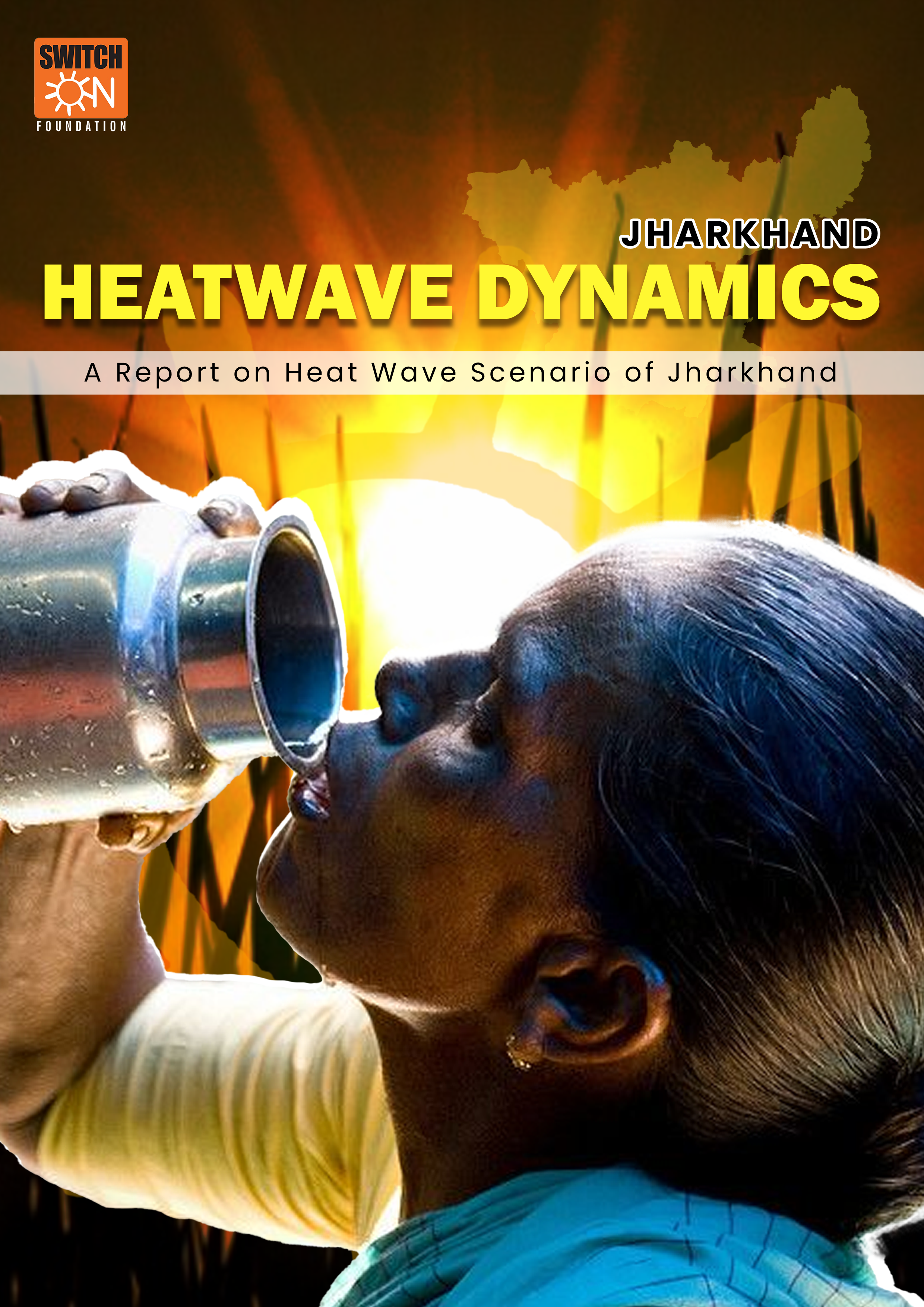

 1
1  0
0 
